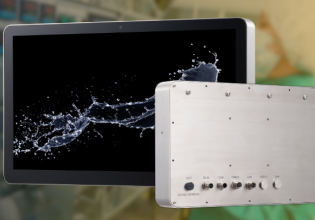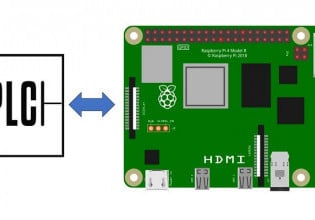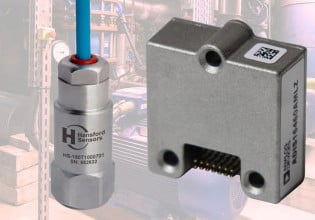S
I am a student of chemical engineering that is making the project and had doubts on this.
I want to design the control for a system of triple effect evaporators in parallel in each step. My doubt is about:
- i am not sure if is better instrumentation for the measurement of viscosity or the density.
-where i could receive information about specifics on the material to choose.
thanks,sergio
I want to design the control for a system of triple effect evaporators in parallel in each step. My doubt is about:
- i am not sure if is better instrumentation for the measurement of viscosity or the density.
-where i could receive information about specifics on the material to choose.
thanks,sergio






